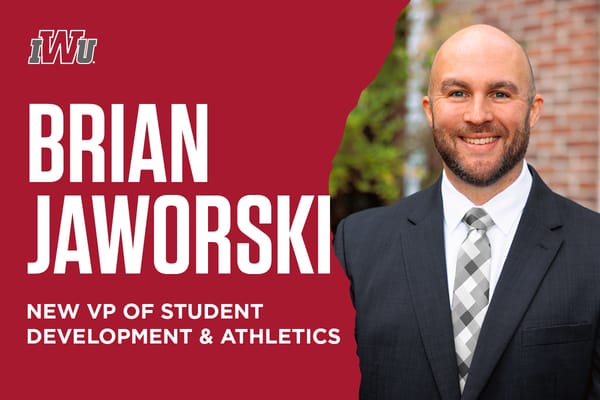Nevada Pate: African American Educator, Civil Rights Activist, and Follower of Christ
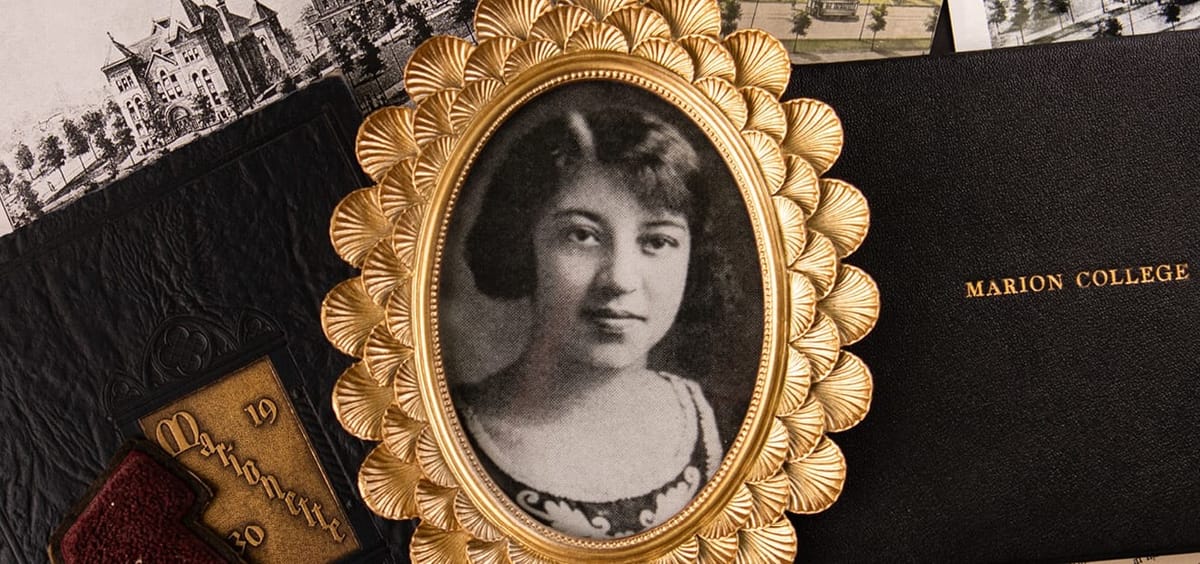
Although not nearly as prominent as civil rights era figures like Martin Luther King Jr or Rosa Parks, Nevada Pate was an influential civil rights activist and African American teacher within her community during both the civil rights movement and beyond. While her passion was education, her experiences with racial inequality and employment discrimination due to her identity as an African American woman impacted her life and motivated her to work for change.
As a result, Nevada Pate unintentionally became one of the first women in Marion to play a notable role in the civil rights movement, engaging in an ongoing struggle to improve the educations of African Americans in Marion and becoming one of several women leaders in the National Association for the Advancement of Colored People (NAACP)—a national organization many African Americans in the civil rights movement were involved in (despite the fact Martin Luther King Jr often clashed with their leader).
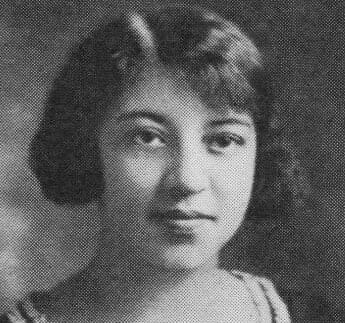
Childhood
Born on November 12, 1907, in Portland, Indiana to Frank and Lutishie Jane Pate, Nevada Pate moved to Marion at the age of six, where her family joined Bethel AME Church. Just six years later, her father passed away. Although only a child when she joined Bethel AME, it would prove to be the church she called home for the rest of her life, serving as an important touchstone for the faith which was so central to everything she did and helping to support her and her family in the wake of Frank Pate's death. At Bethel AME, Nevada was able to be mentored by many black women and men throughout her life who helped her to develop a strong love for Christ and encouraged her to follow where He led.
Marion College
After graduating from high school, Nevada Pate chose to attend Indiana Wesleyan University—then called Marion College—where she grew in both her faith and the knowledge which would equip her to teach. While many historically white colleges remained closed off to black students into the 1960s, IWU was never racially closed, allowing Pate to get her degree without even having to leave the city which was her home. During this period, Nevada worked as an elevator operator at the local bank—a job she took due to the lack of opportunities for employment available to black women. Although there were no black teachers in the Marion school system at the time, Pate was determined to change this.
During her second year at IWU, as she was also still working as an elevator operator, Marion experienced its most infamous and horrible event, wherein two black men were publicly lynched. The event was the last public lynching in the United States and served as another stark reminder of the racial inequality which persisted. Reflecting on it later, Pate said that it was an event which all the strength of Marion's black community was unable to stop. Even so, this event did not shake either her dedication to her own educational goals or her conviction regarding the education of Marion's future generations.
After graduating in 1931 with an Intermediate-Grammar Grade License, Pate did a brief year-long stint as a substitute teacher at DA Payne—a private school for black children—before returning to the elevator operator position that she had worked throughout her collegiate career.
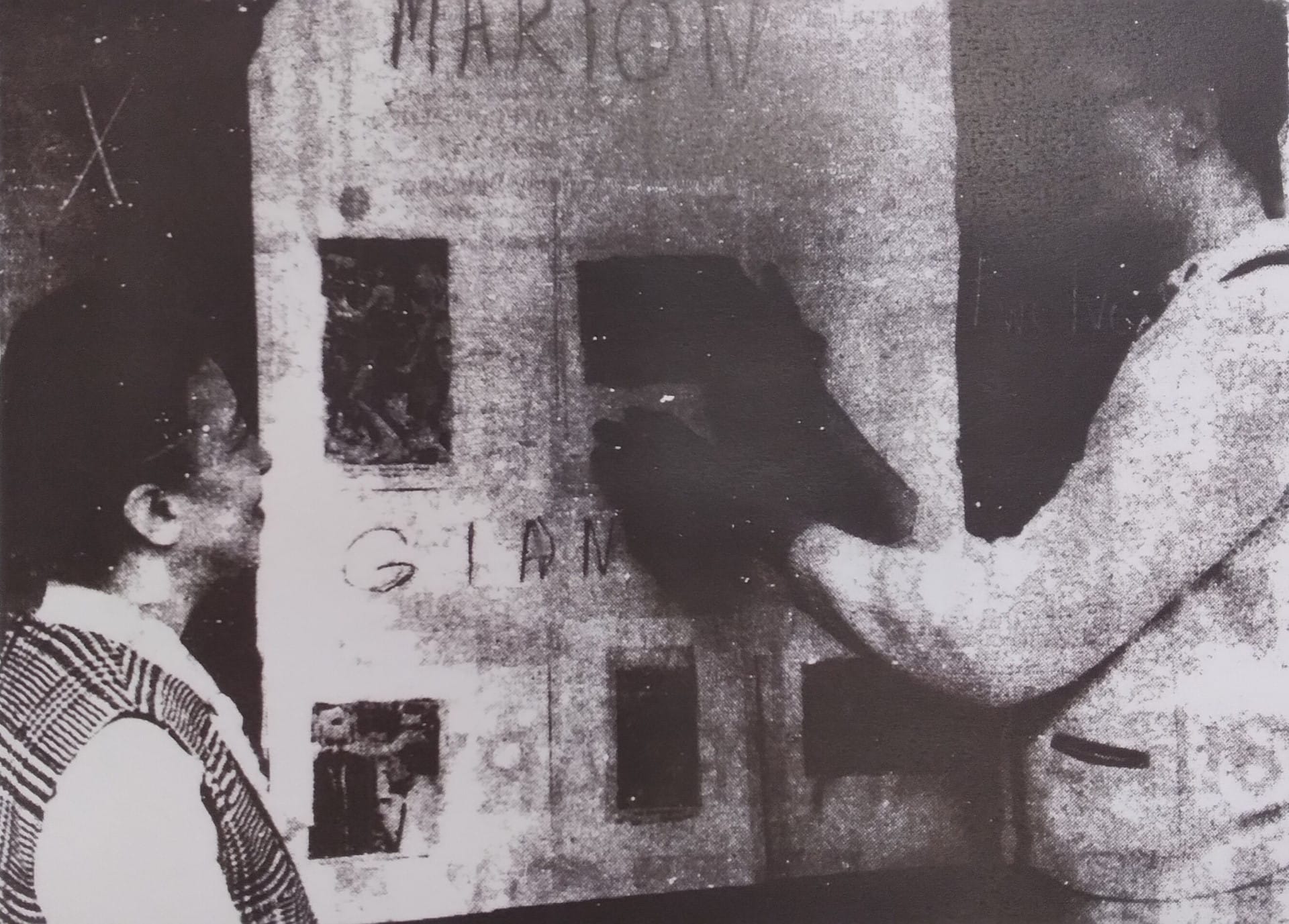
DA Payne
Pate’s love of education and belief in its importance never went away, however, and so, in 1943, she was able to once again begin teaching at DA Payne—this time as a full-time employee. Even as she tirelessly worked to improve the education of her students, however, Pate continued to improve her own education, eventually earning a master's degree from Ball State University.
Through her role as a teacher at DA Payne, Pate was able to pour into the next generation of Marion’s black community members, teaching many women and men who would one day grow up to influence local communities across the country. Fellow IWU alum and Bethel AME member Lewis A. Jackson also taught at DA Payne, and through the efforts of teachers like these the school was able to make a difference in the lives of its students despite poor funding.
Pate and the Civil Rights Movement
In addition to this, Pate became involved in civil rights activism leading a campaign for the desegregation of public schools and serving in leadership within the NAACP as secretary, becoming an influential woman in her local community in the fight against racial inequality.
Once the school was integrated with Center School, however, Pate was let go due to racial discrimination—while racial equality had been achieved for students, Marion's school system still wasn't interested in an African American teacher—especially one who was a black woman (although her male counterparts didn't fair much better).
After DA Payne
During the time when Pate was fired, the public school system in Marion contained 1,847 emergency teachers who were teaching with temporary permits and whom the state superintendent of public instruction admitted were substandard teachers. Pate, meanwhile, was fully licensed with a degree in the field, making the racially motivated nature of her firing all the more blatant. Indeed, her immediate superior even stated once that if Pate was white she would not have been let go, but the fears over white parents' reactions to a black woman teaching their kids meant that the school system had chosen to fire her. Despite fears that it might have been dangerous for her to teach in an integrated classroom, the risk was one Pate had been fully willing to make for the sake of her convictions.
Her firing came as a blow to Pate, but over the course of the next eight years she continued to make a difference in the lives of both Marion’s African American and Caucasian children through tutoring. Eventually, in 1961—just one year after the Marion school system had hired their first black teacher who would teach in integrated classrooms—Pate was able to apply to the city for a new teaching position, which moved her into the field of special education. Although it had been the only teaching job available at the time, Pate went on to become a pioneer in the field, using both her faith and her gifts as a teacher to invest in and enrich the lives of still more students.
Teacher of the Year
Seven years later, Pate’s contributions to the city’s education system were finally acknowledged through their decision to award her the title of Marion Teacher of the Year, which she was given especially for her outstanding work with special needs students, many of whom had grown from children to young adults and college students by this time. Although she was not shy about the fact that the city had given her no other options for teaching, she also talked about how glad she was that she had the opportunity to contribute to the lives of the students she was working with in the position and how much she cared about them.
Retirement
By the time she eventually retired, Pate had become arguably the most influential woman in the history of Marion's educational system, having touched countless lives directly and indirectly through her investment in the education of her students and her fight for racial equality. At church, Pate continued to be in charge of Sunday school (a role she had held since the 1930s), took part in the senior choir, and served as a missionary and Sunday school teacher. Additionally, although she never married, Pate raised both a nephew and a foster daughter, once again using her resources and abilities to help others.
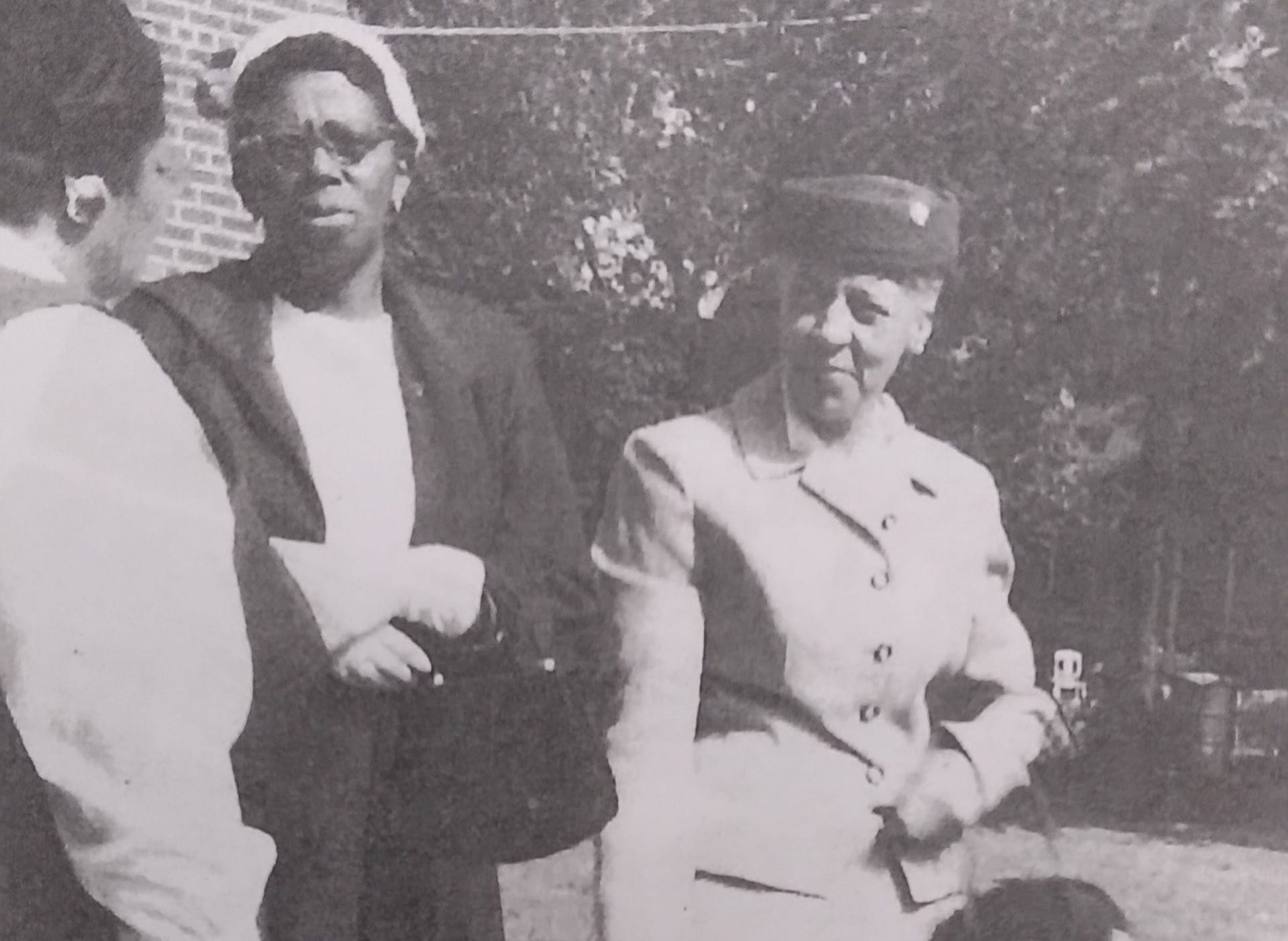
Legacy of a Women's Civil Right Activist
Although Nevada Pate passed away on August 24, 2004, the legacy she has left within Marion stands as a testament to her determination to fight for what is right, live into the gifts God gave her, and create a lasting impact on the community she lived in.
While she might not have ever risen to national prominence or caused a national movement in the same way that individuals such as Martin Luther King Jr did, Nevada Pate was still influential in her own right, improving Marion for African American women and men. And, for Nevada Pate, it was not simply political activism which had motivated her—but rather her Christlike love for those in her community.
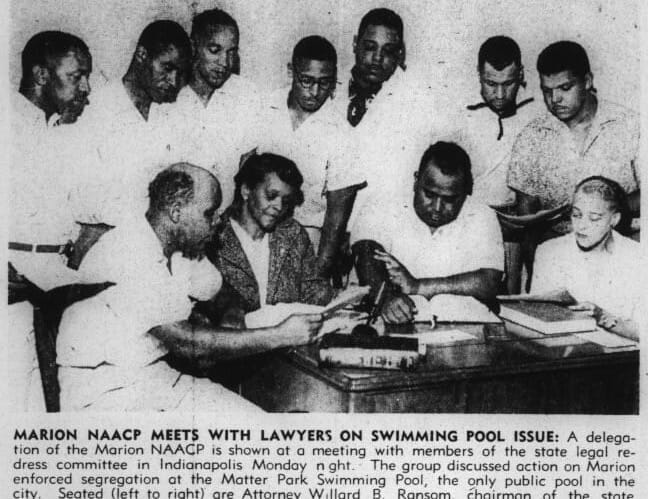
Nevada Pate in the Context of the Civil Rights Movement and Women in the Civil Rights Movement
As mentioned before, Nevada Pate is not nearly as well-known as figures such as Rosa Parks, Martin Luther King Jr, or even Coretta Scott King, and yet she is still well-worth remembering, even if she was one of the less prominent figures in the civil rights movement.
For more than five decades, Nevada Pate was one of just a few notable women leaders in the Marion area and stands as arguably the most influential woman in Marion's education history.
It is also worth noting the period she existed in—while American women serving as formal leaders was certainly not commonly accepted at the time, women's leadership was able to exist within the confines of the school system—teaching the next generation of leaders even if they couldn't be them. Even so, women's rights and gender equality do not seem to have been things which Nevada Pate spoke on much.
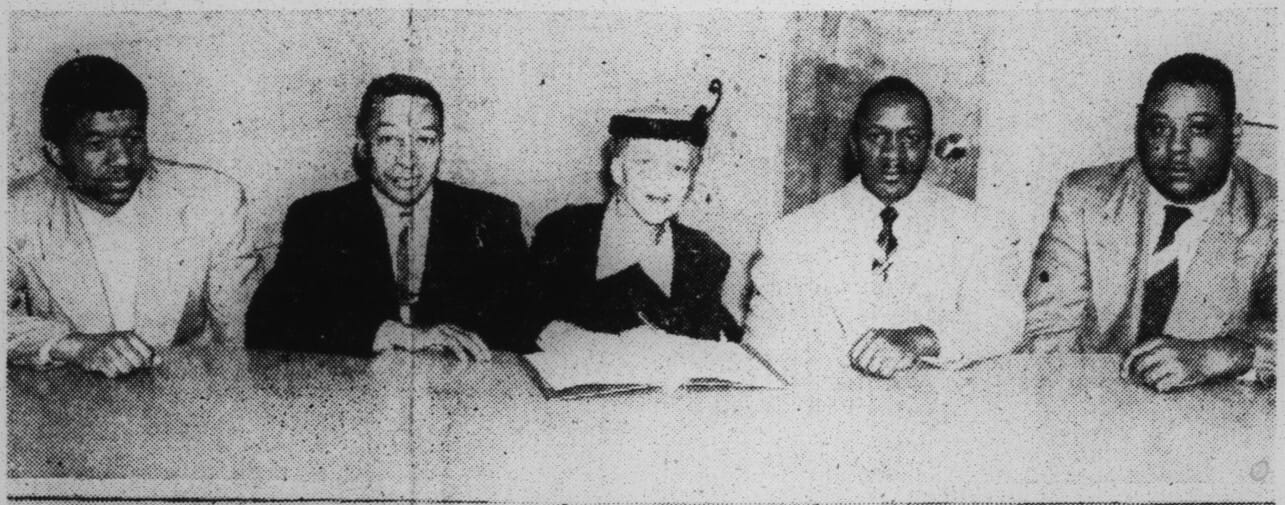
Additionally, it is worth noting that, while civil disobedience, the Montgomery bus boycott, and seeking to raise up student activists were important aspects of the civil rights movement, Nevada Pate's contributions to the civil rights movement were far less flashy, in many ways.
Although she certainly engaged in and helped lead protests, these were not the kinds of protests to gain national fame. As a result, Nevada Pate's contributions to the fight for civil rights have gone largely unrecognized, as is true of many African American women who contributed to the civil rights movement.
African American Women and Their Place in our Modern Civil Rights Movement Retellings
While the civil rights movement is something which is rightly discussed in great detail oftentimes, many American women and men are aware of just a small handful of names and phrases—Martin Luther King Jr, Rosa Parks, Montgomery Bus System, civil rights act, civil rights bill—their understanding of the historical event coming off more like a list of assorted touchstones than a genuine understanding of the breadth and complexity of the civil rights movement as it actually existed.
For this reason, there is an incredible amount of value to be found in acknowledging the contributions of someone like Nevada Pate. Pate's involvement in the civil rights movement as it existed in her own local community of Marion, Indiana was instrumental in the future of the city and serves as a good reminder that for every Rosa Parks who is held up and talked about, there are one hundred Nevada Pates whose quiet contributions were essential for the civil rights movement's success.
Why We Need Stories Like Nevada Pate's
While African American women such as Parks are sometimes remembered, there are still not nearly as many black women being acknowledged for their oftentimes essential roles in the civil rights movement as there should be. Indeed, even relatively prominent black women who contributed to the cause of civil rights have been largely forgotten, such as Mary Church Terrell. Additionally, King was the leader of the Southern Christian Leadership Conference and Malcolm X was the leader of the Organization of Afro-American Unity while no similarly prominent black women in the civil rights movement were leaders of organizations as large as these.
While Nevada Pate is certainly not the answer to this problem, wider recognition of her efforts to both improve the lives of her students every day through her tireless education work and also fight against segregation so that her students and future children could have better educations is certainly worth far more recognition than simply a singular "Teacher of the Year" Award.
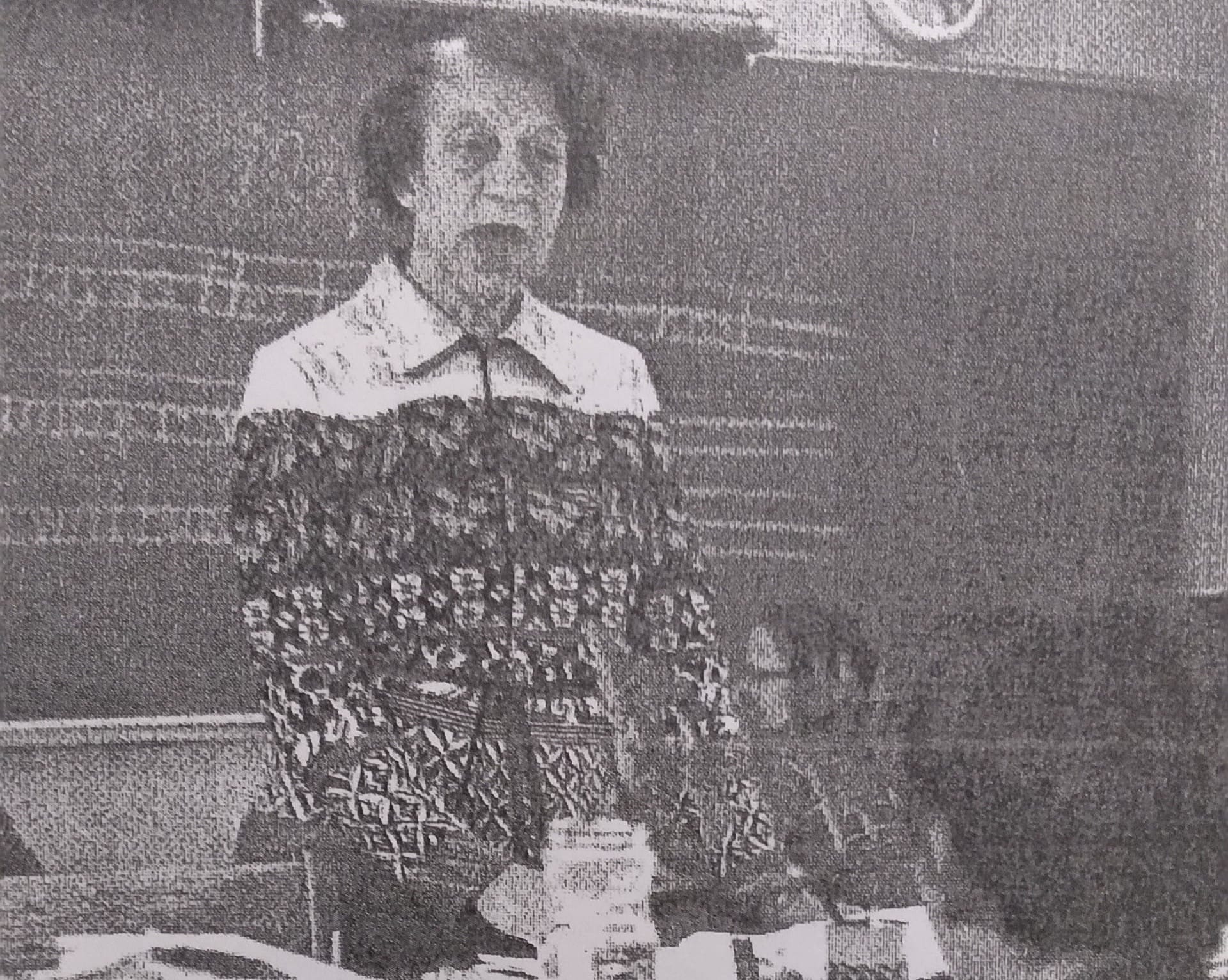
Nevada Pate and the Kingdom Mindset
While she perhaps never fully received the recognition she deserved in life, Nevada Pate was still beloved and valued by all those whose lives she impacted, and she was able to have the assurance that, regardless of what recognition she did or did not receive for her work bringing about change regarding civil rights, teaching special needs students, or simply working in the education system as a whole, everything she did was for the glory of God and done out of service to Him.
Final Thoughts
While we may now begin to finally give her the recognition which she deserves, there is far greater recognition which she has already received from her Heavenly Father and, in the end, that is what matters most. Nevada Pate may not have changed the world in an incredibly visible way, but through her work to advocate for civil rights, educate children from all walks of life, and pour into her local community, showing them the love of God every day, Nevada Pate became a world changer in the truest sense of the word.
Indeed, one could even argue that to focus only on her contributions to the cause of civil rights would be doing a disservice to both Pate and the God who she spent her life serving. Because as important and valuable as civil rights are and while we should work tirelessly to tell the stories of the civil rights movement and various civil rights leaders, in the end the civil rights movement was not an end unto itself, but rather a movement which looked ahead to the fullness of Heaven, when all inequality will truly and eternally be done away with. That was the end goal which Nevada Pate had in mind throughout her life—ever since her childhood going to Bethel AME Church. We can rejoice in knowing that she has reached it.


